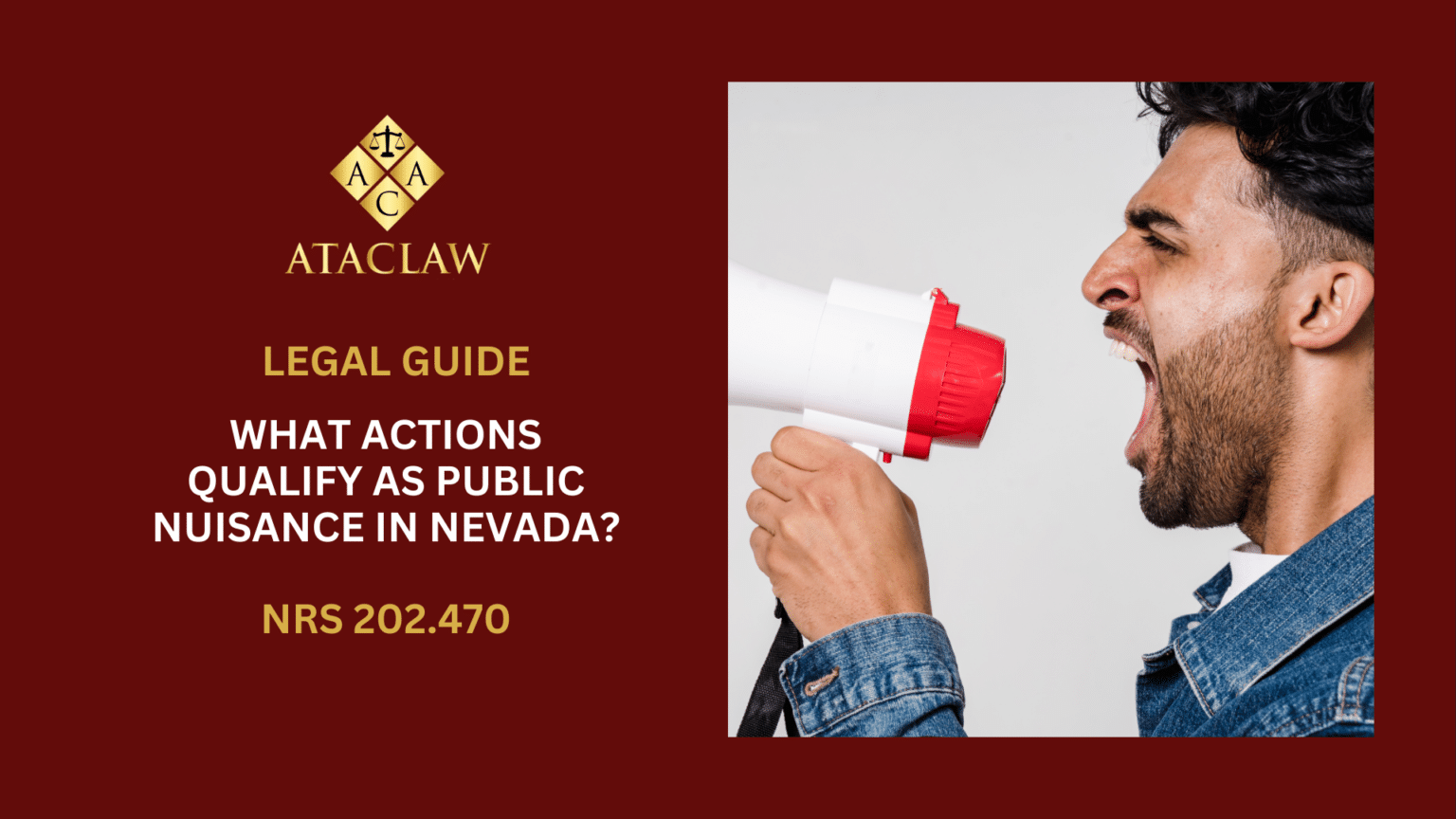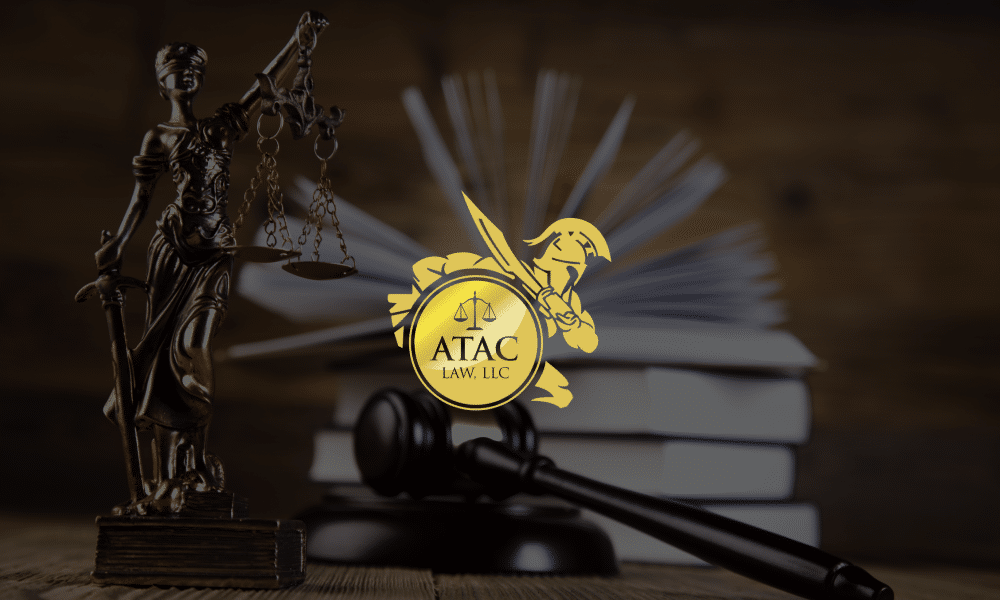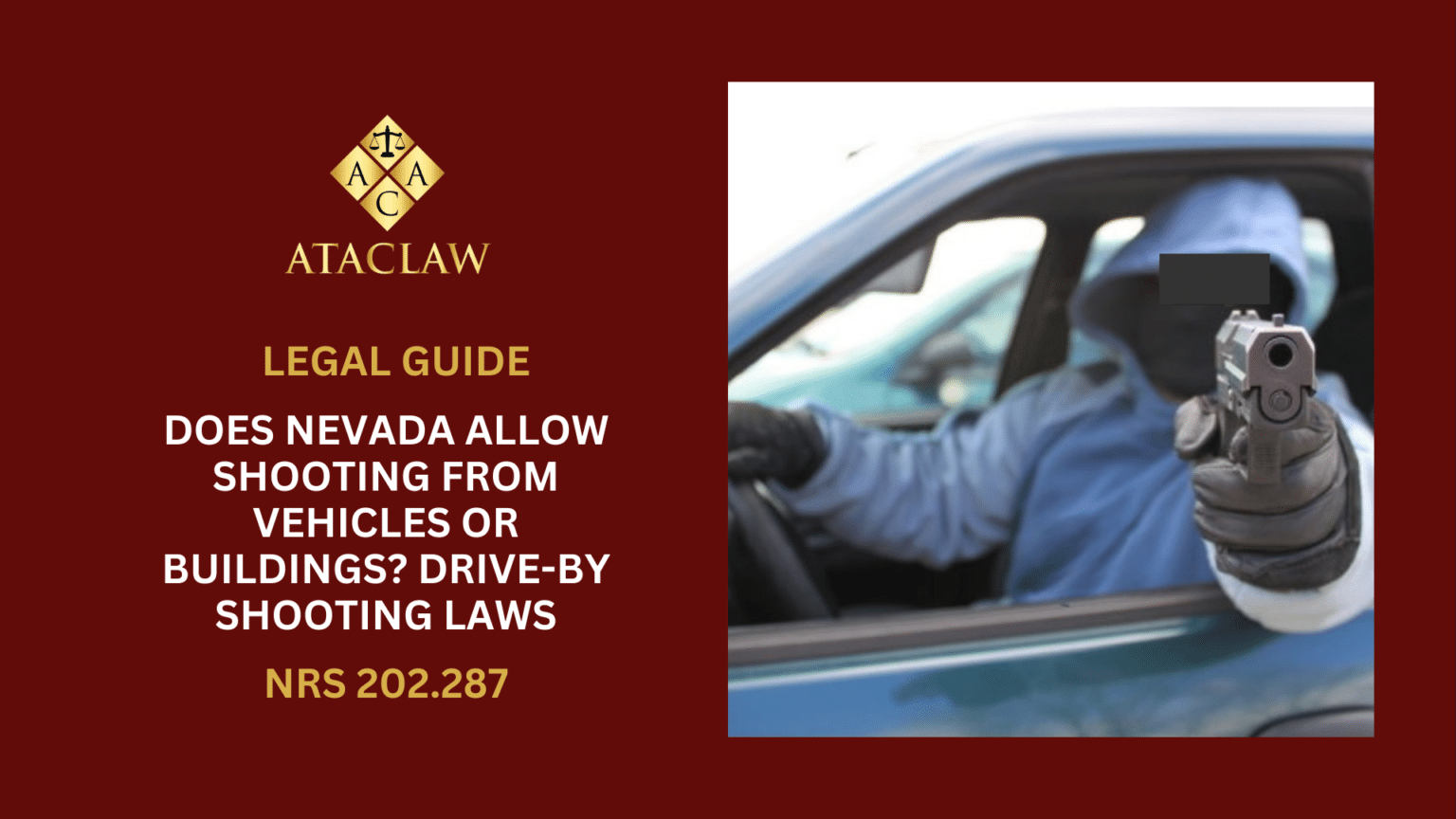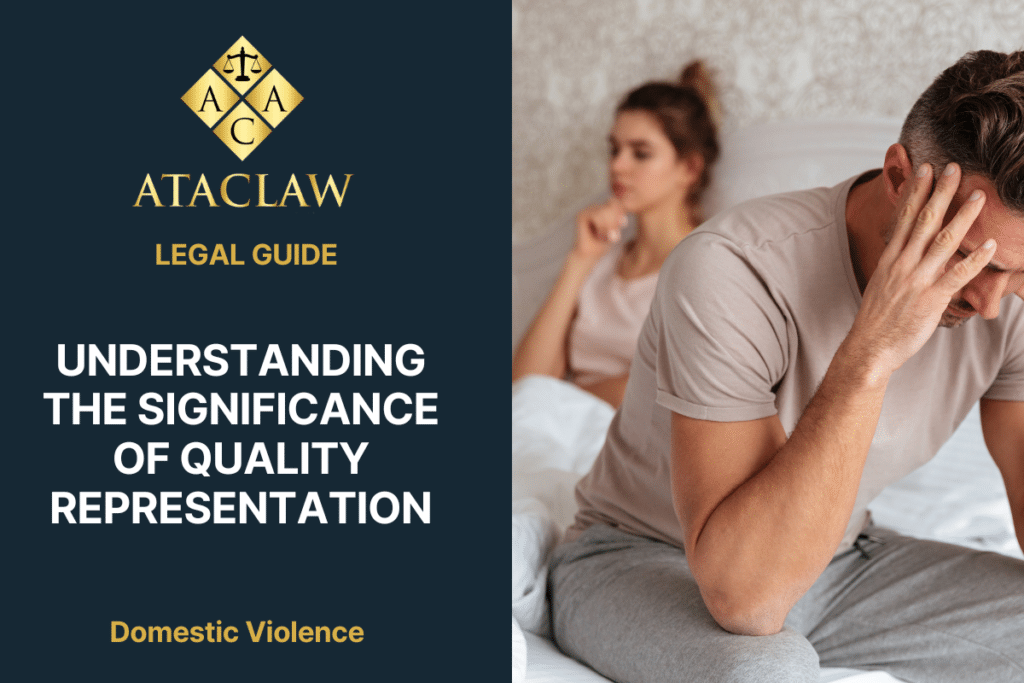Maintaining the tranquility and orderliness of a community is a priority within the bustling environment of Las Vegas, Nevada. As part of these efforts, laws are in place to protect this harmony. Among these, the legal term “public nuisance” represents a broad category encompassing various actions and business practices that destabilize the community’s lawfulness and serenity. Here, ATAC LAW deciphers the intricate legal definition and implications of a public nuisance under NRS 202.450 for the average citizen.
NRS 202.470 is a comprehensive Nevada statute that classifies the creation or maintenance of a public nuisance as a misdemeanor offense. But what exactly constitutes a “public nuisance” under this law? Essentially, it’s any act that endangers the community’s safety, disrupts public order, or offends public decency. From operations like cockfighting rings to unlicensed gambling parlors, this law encompasses a broad scope of activities deemed detrimental to the community.
Can Your Actions Be Charged as a Public Nuisance in Nevada?
A public nuisance in Nevada refers to a wide range of activities or establishments that could potentially disrupt public order, safety, or morals. The state specifically identifies numerous scenarios, including the operation of unregulated gambling venues, hosting of illegal animal fights, or the presence of unlicensed houses of prostitution.
Regardless of the industry, be it a non-compliant firing range or a venue serving as a haunt for criminal activities, these situations can all fall under the umbrella of a public nuisance. Moreover, public nuisances aren’t limited to stationary establishments; certain behaviors, such as obstructing public ways or jeopardizing a large group’s security, are also included.
Criminalizing Public Nuisances
Creating or permitting the perpetuation of a public nuisance is not only frowned upon but is directly actionable under Nevada law. A conscious disregard to cease these activities, or to remove nuisances, also constitutes a criminal offense. Furthermore, allowing property to be used for such purposes, with the knowledge of their intended use, can lead to prosecution.
It is vitally important to note that the presence of a public nuisance is determined by behavior or the condition facilitated by individuals or businesses, not by any physical harm or disturbance caused. This means that the Clark County District Attorney has the authority to bring charges against a party merely for the act itself, without the need for actual damages or injuries to have occurred.
What Are the Consequences of a Public Nuisance Conviction in Nevada?
In Nevada, being found guilty of creating or contributing to a public nuisance doesn’t only mean facing societal disapproval; it carries with it tangible legal penalties. When discussing misdemeanors related to public nuisances, it’s crucial to understand the variety of penalties that may apply.
Misdemeanor Penalties and Fines
Nevada law is clear when it comes to the penalties for misdemeanors stemming from public nuisances. Individuals convicted can anticipate up to six months in a county facility like the Clark County Detention Center. However, incarceration isn’t the only potential outcome. Convicted individuals might also be subject to fines, which could reach up to $1,000.
Civil Penalties: Additional Financial Concerns
Beyond the standard penalties, those convicted might find themselves owing significantly more due to civil penalties. These are assessed separately from any criminal fines and can range from $500 to as much as $5,000, as stipulated under NRS 202.480. This financial burden underscores the seriousness with which Nevada treats public nuisances.
Abatement Orders: Taking Action to Rectify
A pivotal part of addressing a public nuisance conviction involves the abatement process. The court may order the offender to personally undertake the removal of the nuisance. Time is of the essence in these cases, as defendants have a mere three days to commence abatement efforts. Should there be any delay or refusal, the responsibility then falls to a government agency, which will proceed at the expense of the defendant.
How Can You Successfully Defend Against Public Nuisance Charges in Nevada?
The laws governing public nuisances in Nevada are notably broad and, by extension, somewhat vague. This vagueness, however, can be leveraged to the advantage of the defendant. It opens the door to a variety of defense strategies that can be both diverse and innovative, aimed at countering allegations of public nuisance.
Challenging the Sufficiency of Evidence
The cornerstone of the U.S. legal system is the principle that an individual cannot be convicted of a crime unless proven guilty “beyond a reasonable doubt.” Achieving this level of proof poses a significant challenge for prosecutors, especially in cases related to public nuisances due to their subjective nature.
Why Evidence Matters
In the context of a public nuisance charge under NRS 202.470, the ambiguity of what exactly constitutes a nuisance amplifies the importance of the evidence presented. If the defense can demonstrate that the evidence provided by the District Attorney (DA) is inadequate or fails to conclusively prove guilt beyond a reasonable doubt, there’s a solid foundation for the case to be dismissed. This challenge hinges on scrutinizing the quality, relevance, and impact of the evidence the prosecution brings to court.
The Role of a Skilled Defense Attorney
A skilled defense attorney plays a pivotal role in dissecting the prosecution’s evidence, highlighting its weaknesses, and arguing its insufficiency. Attorneys with experience in public nuisance cases, like those at ATAC LAW, are well-versed in the nuances of Nevada’s public nuisance laws and adept at navigating the complexities of these cases.
Can You Seal Your Public Nuisance Violation Record in Nevada Immediately?
When someone is found responsible for a public nuisance offense in Nevada, they typically must bide their time for a year before they can request to have their record sealed. This waiting period ensures that a certain amount of time has passed post-conviction before the individual can seek to clear their record.
However, the process takes a more favorable turn if the person’s defense lawyer manages to get the charges dropped. In this scenario, the previously accused party is eligible to petition for their record to be sealed without delay. This immediate action provides a fast track back to a clean slate, as opposed to the extended waiting period associated with convictions.
Understanding these laws regarding public nuisances is crucial for responsible citizenship and business operations. ATAC LAW is here to help you with the nuances of such legalities and offer support in navigating these waters. Should you find yourself facing charges or simply seeking understanding about public nuisance laws, ATAC LAW is prepared to safeguard your interests and clarify any legal ambiguities.
Remember, preserving the peace and stability of our communities is a shared duty. Awareness and compliance with regulations like NRS 202.450 are critical steps in contributing to that peace. Contact ATAC LAW for unparalleled expertise and guidance on protecting your rights and fulfilling your civic responsibilities.
For further legal assistance and to discuss your case with an expert, don’t hesitate to contact ATAC LAW.




